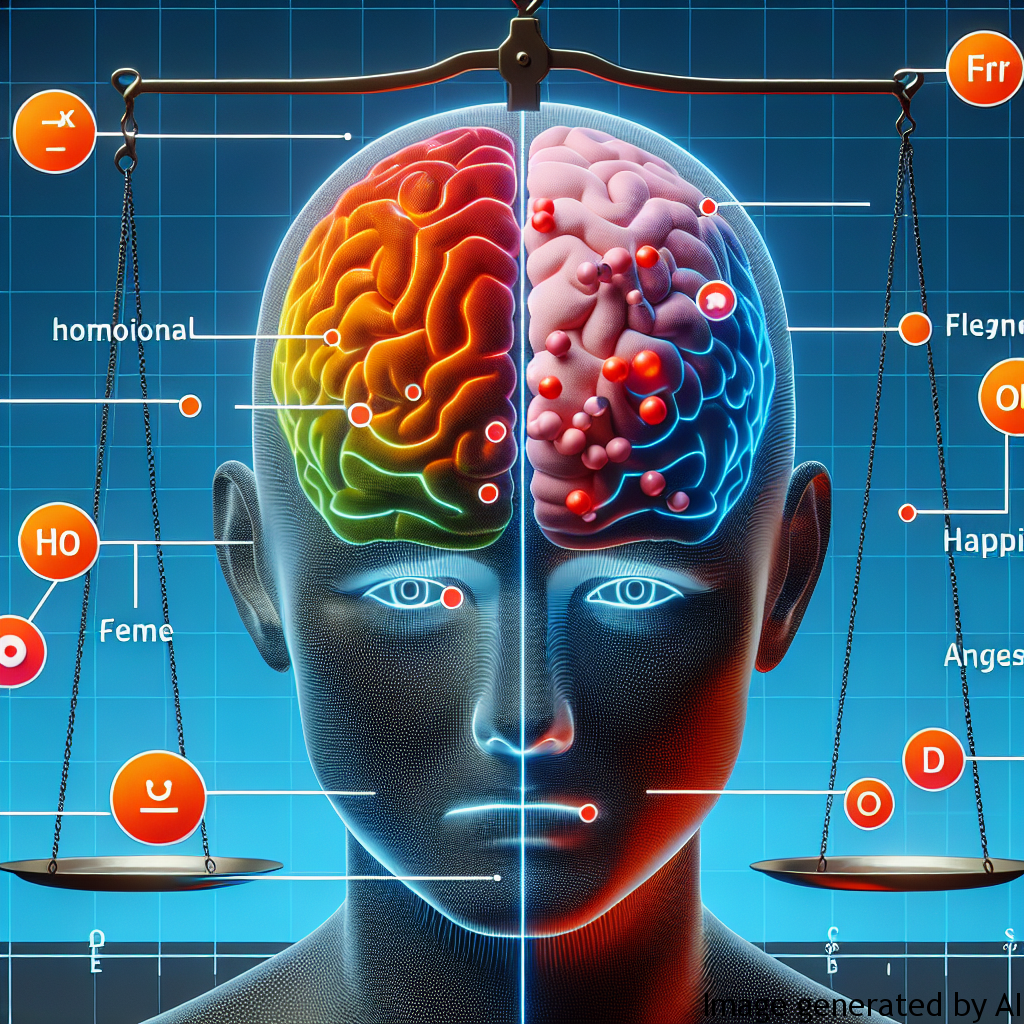Introduction
Hormonal imbalance can not only create physical symptoms such as fatigue, weight gain, and disrupted sleep patterns, but it can greatly impact one’s psychological state as well. It’s important to emphasize that hormones play a significant role in our mental well-being, given that they can even lead to mood swings, depression, and anxiety disorders. The connection between gender expectations, psychological health, and hormonal imbalance for men, for instance, is typically overlooked, yet it remains a crucial facet concerning overall well-being. This article aims to explore these intricacies.
Description of Gender Expectations and Their Impact on the Psychological Health of Men
Societal Gender Expectations
Society has traditionally assigned certain roles and expectations based on gender. For men, these might involve being stoic, strong, and emotionally resilient. These expectations can often place a mental strain on individuals who feel they cannot or do not wish to adhere strictly to these roles.
Hormonal Imbalance and Psychological Health
Men suffering from hormonal imbalances, particularly in testosterone levels, may experience symptoms such as depression, anxiety, and mood swings. These symptoms can be exacerbated when individuals feel compelled to conform to the societal expectations of masculinity, creating an additional psychological burden.
Examples of How Gender Roles Can Impact Men’s Lives
A male individual with low testosterone levels may experience physical changes such as increased body fat, decreased muscle mass, and lowered energy levels. These changes can cause difficulty for men who feel the societal engagement towards physical strength. Emotional symptoms of hormone imbalance, such as mood swings or increased anxiety, also contradict the pervasive expectation that men must always exhibit emotional control and stability.
Advice on Improving Psychological Health with Consideration to Gender Roles
Positive steps can be taken to mitigate the impact of gender expectations on men’s psychological health linked to hormonal imbalance. Encouraging open conversations around mental health and challenging toxic masculinity can help reduce the associated stigma. Psychological counselling and therapy provides useful platforms to explore these topics safely and confidentially, and medical treatments can help manage any underlying hormonal imbalances.
Conclusion
The psychological aspects of hormonal imbalance in men, especially when considered in the light of societal gender expectations, constitute a multi-faceted issue that merits increased focus and understanding. It is crucial to broaden the dialogues around men’s mental health and hormonal imbalances, and to establish comprehensive support systems to improve overall well-being.

